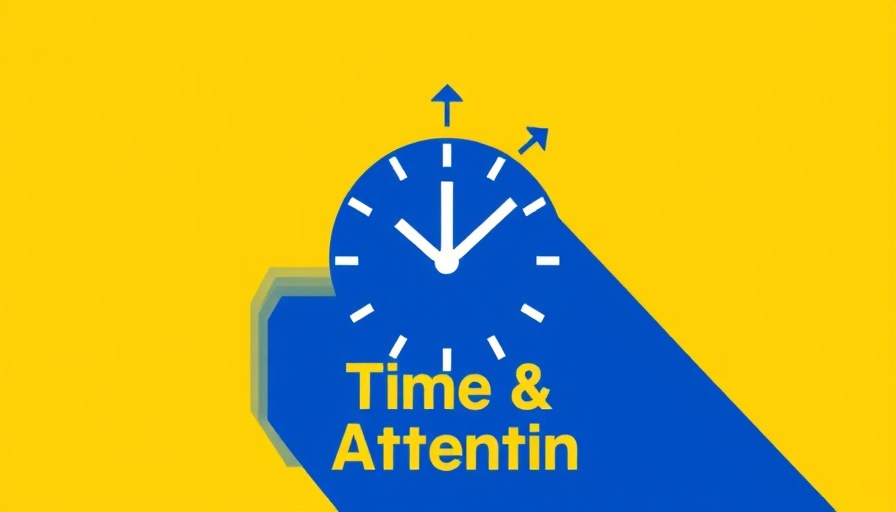
Why Overwhelm is Becoming the Norm in Today’s Workplace
For executives and entrepreneurs aged 35-55, the reality of feeling overwhelmed at work is becoming increasingly common. With countless tasks, meetings, and deadlines, the pressure to perform often leads to burnout, frustration, and diminished productivity. According to a recent Gallup survey, nearly 76% of employees experience burnout on the job at least sometimes, with many citing an overwhelming workload as a primary contributor. Recognizing this trend is crucial, as it highlights the pressing need for effective strategies to manage stress and enhance productivity without sacrificing well-being.
1. The Importance of Project Listing
The first step in combating feelings of overwhelm is to clarify your current responsibilities. Start by crafting a comprehensive list of every project you are managing. This approach allows you to visualize your workload and prioritize accordingly. The Pareto Principle, or the 80/20 rule, suggests that 80% of results often come from just 20% of efforts. By identifying and emphasizing important projects, you can allocate your time and energy more effectively, ensuring that critical tasks receive the attention they deserve.
2. Negotiating Deadlines: A Key to Sustainability
It's vital to regularly assess your workload in the context of your deadlines. Having a clear understanding of which projects are nearing completion versus those that are still in their early phases can inform your approach to time management. As author and coach Michael Hyatt notes, "In our obsession to stay productive, we often forget that it is better to complete fewer tasks at a high standard than to do numerous tasks poorly." When necessary, consider negotiating deadlines to create a more manageable schedule, alleviating stress without compromising the quality of your output.
3. Carving Out Time for Focused Work
One effective strategy to decrease overwhelm is to block periods in your calendar specifically designated for critical tasks. This technique transforms abstract intentions into solid plans and enables you to approach your workload proactively. Neuroscience research indicates that extended periods of concentrated work can enhance cognitive performance and make your efforts more efficient. By dedicating uninterrupted time to work on specific projects, you’ll find that you make considerable headway, boosting both confidence and productivity.
4. The Power of Scatterfocus
While it may sound counterintuitive, allowing your mind to wander—what I refer to as 'scatterfocus'—can significantly bolster creativity and innovation. Studies show that mind-wandering often leads to insights and solutions that focused thinking cannot achieve. For busy professionals, dedicating time to creatively engage with ideas without the pressure of immediate productivity can yield surprising benefits. The result? More innovative solutions and a refreshed mental state ready to tackle those daunting tasks.
5. Recognizing When to Work Longer Hours
Despite best efforts to manage workloads effectively, circumstances sometimes arise where putting in extra hours is unavoidable. Understanding when it's genuinely worth the additional time is crucial. Evaluate your tasks and their importance carefully. Are they essential to broader goals? If so, a temporary commitment to longer work hours might be entirely justified. However, frequent reliance on this approach can lead to burnout. Therefore, maintaining open lines of communication regarding workload and deadlines with teammates is vital.
6. Prioritizing Well-being: A Necessity, Not a Luxury
Ultimately, combating feelings of overwhelm requires a commitment to personal well-being. Too often, workplace cultures perpetuate the notion that busyness equates to success. However, as productivity coach and author, David Allen remarked, "Your mind is for having ideas, not holding them." Prioritize self-care, incorporate downtime, and don’t hesitate to delegate tasks when possible. By recognizing your limits and addressing workload pressures, you can foster a work environment that values overall well-being, ultimately improving team morale and productivity.
In conclusion, feeling overwhelmed at work is a common struggle among executives and entrepreneurs today. However, by employing effective strategies such as prioritization, deadline negotiation, dedicated work time, intentional mind wandering, and a commitment to balance, you can regain control over your workload and improve your productivity. By focusing on these actionable insights, not only will you manage your tasks more efficiently, but you will also cultivate a healthier work experience.
Call To Action: It's time to take charge of your productivity. Implement these strategies today and notice how they transform your approach to work!
 Add Row
Add Row  Add
Add 




Write A Comment